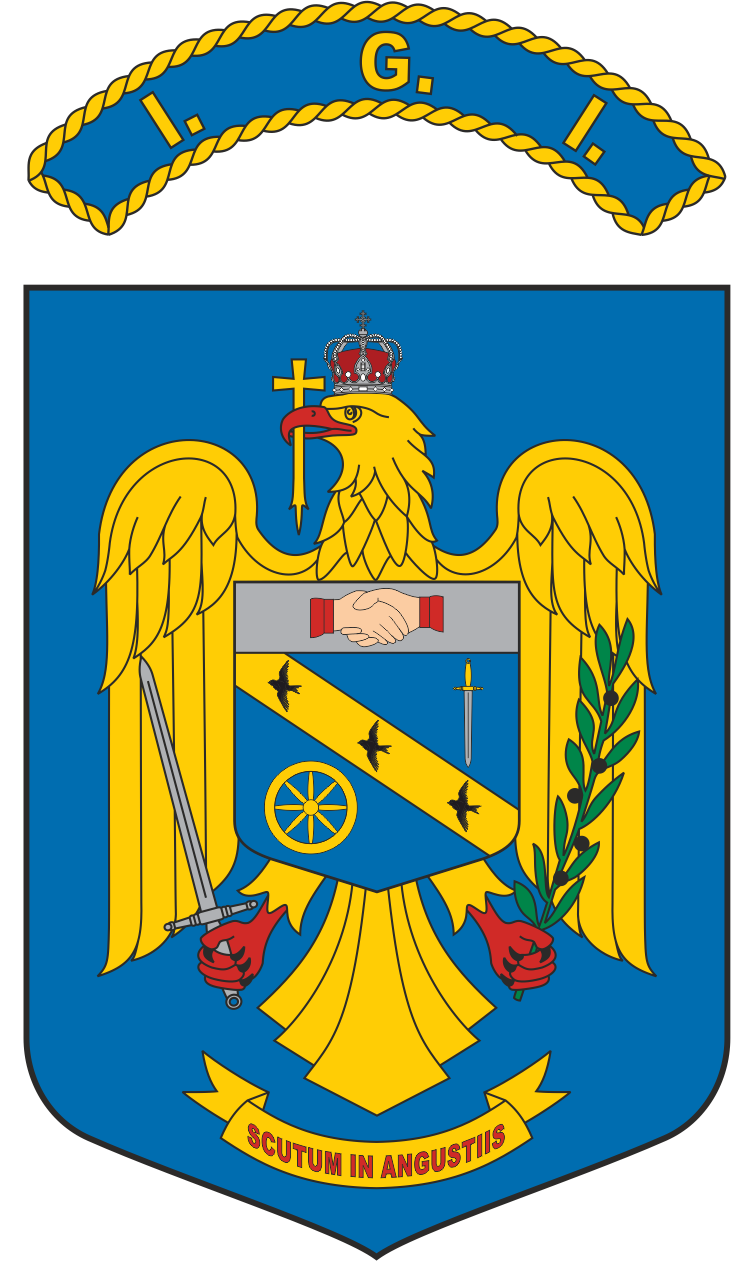The Dublin procedure’s main objective is to determine a single Member State as responsible for examining an application for international protection lodged in one of the Member States by a third-country national or a stateless person (hereinafter “responsible Member State”) .
(E.g. A citizen of a third country or a stateless person submitting the first application for international protection in Member States in Romania. The application is analyzed by the Romanian authorities and, during processing the application for international protection the citizen leaves unlawfully the Romanian territory and reaches Austria. The person applies for international protection in Austria. At that moment this person appears with a request for international protection lodged in both Romania and Austria. Given that the application for international protection lodged in Romania was the first application submitted to the Member States, Romania will be the Member State which will examine the application for international protection lodged by the third-country national or by the stateless person in Austria. Therefore, the citizen in question will be transferred to Romania)
Applicability:
The Dublin regulation is applicable only when a citizen of a third country or stateless person has submitted an application for international protection in one of the Member States. To understand the applicability of this procedure it is necessary to know the current legislation. From the provisions of the Regulation as well as from the practice gained in Romania the following main cases of applicability of the Dublin procedure result:
- If the citizen of a third country or a stateless person applies for international protection in Romania, and after verification it is proved that they had filed an earlier application in another Member State;
- If the citizen of a third country or a stateless person is illegally in Romania, and after verification it is proved that they had previously filed an application for international protection in another Member State;
- If the citizen of a third country or a stateless person applies for international protection in Romania, and after verification it is proved that they were caught with illegal entry in another Member State;
- If the citizen of a third country or a stateless person applies for international protection in Romania, and after verification it is proved that they are in possession of one (more) visa(s) or of one (more) valid stay document(s) issued by another Member State that had previously allowed them to enter the territory of the Member States, or even if these documents have not been used to enter the territory of the Member States.
To these situations other may be added, deriving from the provisions of Regulation (EU) no. 604/2013 of the European Parliament and of the Council establishing the criteria and mechanisms for determining the Member State responsible for examining an application for international protection lodged in one of the Member States by a third-country national or a stateless person (Dublin Regulation III ). Among these situations there can be identified cases where the applicant for international protection is an unaccompanied minor or where discretionary clauses can be invoked “.
It should also be known that the Dublin Regulation is applied with regard to the principles provisioned by the law and to the hierarchy of criteria as stated.
The Dublin procedure takes between 2 weeks to 2 months according to the terms of the Community legislation. After a Member State assumes the responsibility, the third-country national or the stateless person will be transferred to that Member State. The term of transfer is between 6 and 18 months. The third-country national or the stateless person transferred to the responsible Member State will follow the procedure for international protection of that country. If the third-country national or the stateless person travels without permission in one or more Member States, the States concerned will conduct the necessary activities for them to be transferred to the responsible Member State.


